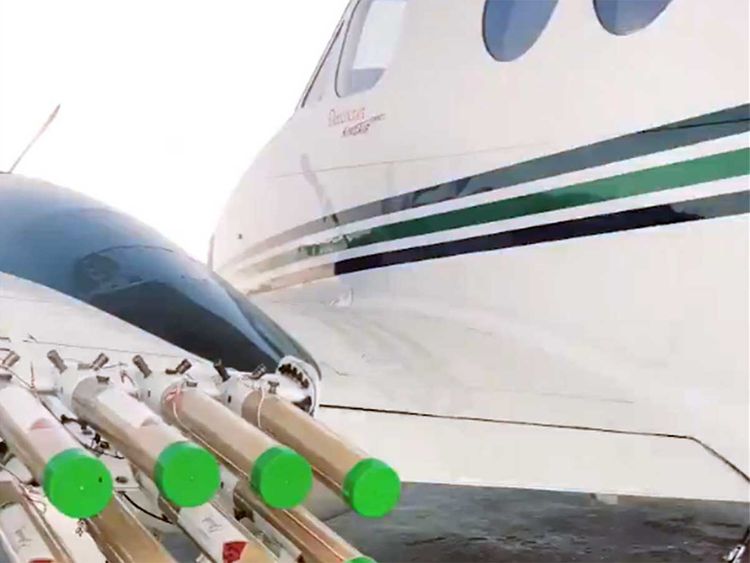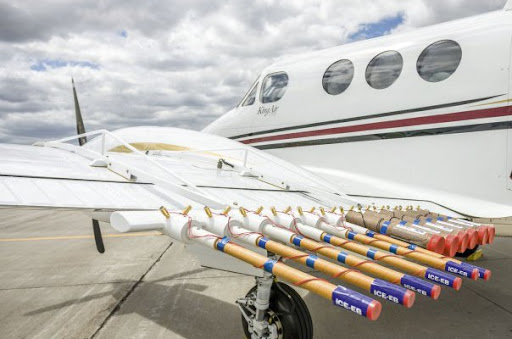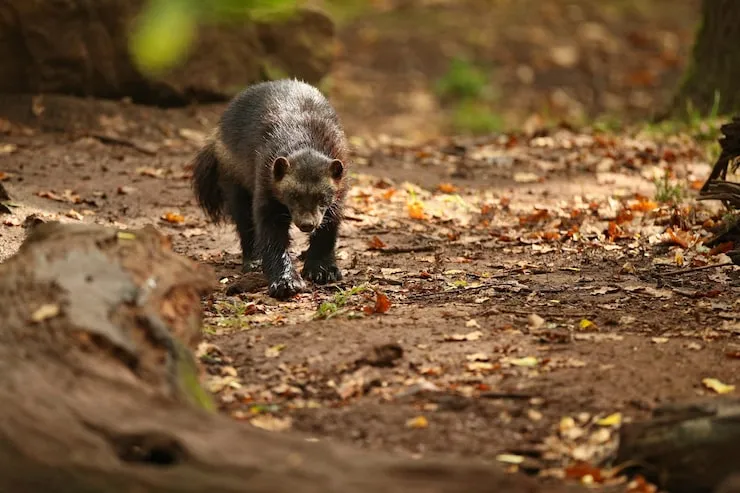In June 2021, the UAE experienced extraordinarily hot temperates of over 112 degrees F, but right after that, the skies finally blessed the region with plenty of rain, courtesy of cloud-seeding drones and aircraft. So what does that mean exactly?
The UAE Launched 219 Cloud Seeding Operations
The UAE’s National Center of Meteorology (NCM) posted a video of cars that drove through an intense rain pour in Ras al Khaimah (which is the northern part of the country) which was then followed by another very rain filled day by Al Wagan Airport. Weather reports continued to predict heavy rainfall across the country ranging from Dubai to Abu Dhabi.
The NCM later hinted in a tweet that a majority of the unseasonal downpour in the country was taking place thanks to a multi-million dollar cloud seeding project.
The weather bureau told Gulf News that the rainy days the country has been experiencing are thanks to the NCM’s rain enhancement projects. It’s important to note that the UAE has also been experiencing an unusual bout of unsettled weather.

Cloud Seeding Technique
Water security is an issue that is sure to be one of the UAE’s biggest challenges over the next century. The average annual rainfall in Abu Dhabi is at just 1.7 inches and most of these days take place during the winter.
The more the climate crisis goes on, a majority of the Middle East and North Africa must brace for continued declines in rainfall and longer, deeper droughts that will become more frequent.
The UAE is well aware of this issue and that’s why it has been injecting money into several rain enhancement projects for a few decades. The UAE Research Program for Rain Enhancement Science is the country’s rain enhancement project that started in the 1990’s in addition to the National Center for Atmospheric Research in the United States and NASA.
Over the few past years, the Gulf state has made an effort to ramp up its rain enhancement program. Just in the first half of 2020, the UAE launched over 200 cloud seeding operations throughout the country.
There are various techniques that can be used but the process usually involves planes that are fitted with special flares that shoot out silver iodide (or other crystalline particles) that have a structure resembling ice directly into clouds.

Only Time Will Tell If It Will Help
The particles then act as a nucleus for the creation of an ice crystal in the atmosphere, like seeds of rain droplets. Another strategy involves flying an electrically charged drone directly into a cloud, which then encourages small water droplets to grow, merge, and then fall.
A lot of scientists do not agree that cloud seed is actually an effective way to stimulate rain. Some studies have shown that cloud-seeding didn’t have much of an impact on the overall amount of rain that fell in a given season, while other studies have shown that it could have some significant impact of precipitation.
Statistics coming out of the UAE show that previous seeding operations led to about a 15-35% increase in rainfall, depending on the level of sandy dust in the atmosphere. Only time will tell if this will help at all.







